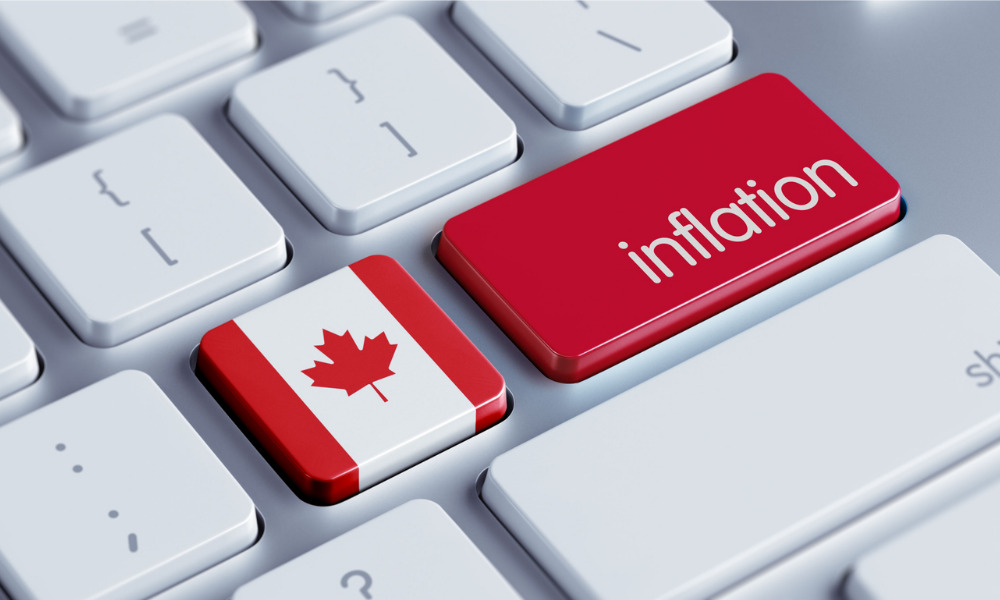The Canadian economy will continue to labour under various lingering pressures, new report says

Despite various lingering pressures, TD Economics is anticipating Canada’s year-over-year inflation numbers to continue decelerating in the months ahead.
“Canadian CPI data for February continue to point to easing price pressures,” TD said in a new analysis.
Headline inflation has decelerated from the 8.1% peak last spring and the 5.9% reading in January to 5.2% in February, latest data indicated.
“Core inflation metrics that strip out noisy price movements have also moderated with every measure now running below 5% year-on-year,” TD said. “For the Bank of Canada, this steady improvement is exactly what it was hoping for when it decided to pause rate hikes earlier this month.”
However, while the numbers are moving towards the right direction, TD continues to harbour doubts towards these trends sustaining themselves.
“With the labour market refusing to cool, consumer spending has been ramping up again and wage growth continues to forge ahead at a pace inconsistent with BoC’s 2% inflation target,” TD said. “We’d argue that the path to get inflation to fall from 5% to 3% is easier than from 3% to 2% given underlying forces that may keep it from decelerating further.”
Crucially, Canada might fall prey to cyclical inflation in 2023, with price pressures coming about due to the strength of the domestic economy.
“When the economy is humming along, this measure of inflation picks up,” TD said. “This is why the [US Federal Reserve] keeps talking about how it needs to see cooling in the labour market before it can be confident inflation is on the path back to 2%… The drivers of cyclical inflation kept rolling even when goods prices started to fall last summer.”
TD predicted that it won’t be until the very end of 2023 or even in early 2024 before cyclical inflation can approach the BoC’s 1% to 3% target range.



